Osmium, a rare, dense, bluish-silver element, has captivated scientists and industry experts alike for decades. But crystalline osmium—a refined and highly pure form of this metallic marvel—is now taking centre stage, earning us the honour of a magazine cover feature with Professional Jeweller! This post delves into the fascinating world of crystalline osmium, its properties, and why it is finding newfound significance in various cutting-edge fields.

A Rare Commodity: Why Crystalline Osmium is So Valuable
Osmium is one of the rarest elements on Earth, with annual production measured in mere kilograms. This scarcity drives its value, but the purification process to create crystalline osmium further adds to its exclusivity. The process requires advanced technology and precision to maintain the purity and integrity of the crystals, which enhances their appeal in industries where only the finest materials can be used.
What Makes Crystalline Osmium So Unique?
Crystalline osmium is not your typical metal. Known for being one of the densest elements, it offers properties that are almost unmatched:
-
Unmatched Density and Stability:
With a density of 22.59 g/cm³, crystalline osmium is the heaviest natural element, outclassing even platinum and iridium. This density contributes to its extraordinary stability, making it resistant to corrosion and almost indestructible under standard conditions. -
Incredible Hardness and Durability:
While osmium in its raw form is brittle, its crystalline version is harder and incredibly resilient. This quality makes it an ideal candidate for use in applications requiring extreme durability. -
High Melting Point:
Crystalline osmium melts at a staggering 3,033°C (5,491°F), making it perfect for high-temperature applications where other metals would fail.
Applications of Crystalline Osmium
-
Jewelry and Luxury Items
The reflective, bluish hue of crystalline osmium has given it a place in luxury markets, especially in high-end jewelry. Its unique color, rarity, and density make it a desirable alternative to more traditional precious metals. -
Medical and Diagnostic Tools
Crystalline osmium is used in medical imaging, particularly electron microscopy, due to its ability to create high-contrast images. Its density enhances image clarity, making it essential in research and diagnostics. -
Aerospace and Defense
Thanks to its extreme density, crystalline osmium finds applications in aerospace engineering, where materials must withstand high-pressure conditions. Its resistance to heat and corrosion makes it a potential component in spacecraft and high-performance vehicles. -
Catalysis in Chemical Reactions
Osmium compounds are catalysts in certain chemical reactions, and with crystalline osmium, research is expanding into catalysis that can improve reaction efficiency and reduce by-products, promoting cleaner, more sustainable chemical processes.


The Future of Crystalline Osmium
With ongoing advancements, crystalline osmium is poised for greater roles in technologies that require unique material properties. As demand grows in sectors like renewable energy and biotechnology, we anticipate crystalline osmium’s reach will extend even further, paving the way for novel applications we can only begin to imagine.
To explore your options in crystalline option, please click this link.
If you are a jeweller and wish to expand your portfolio in designs, please read our guidance on this link.
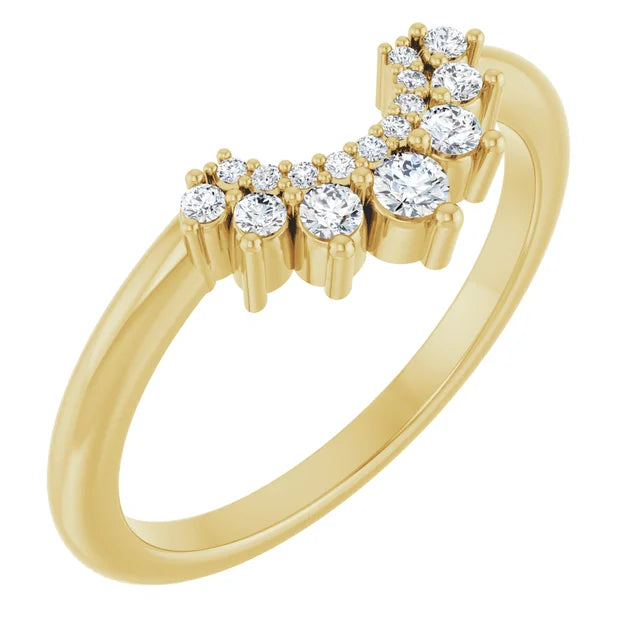
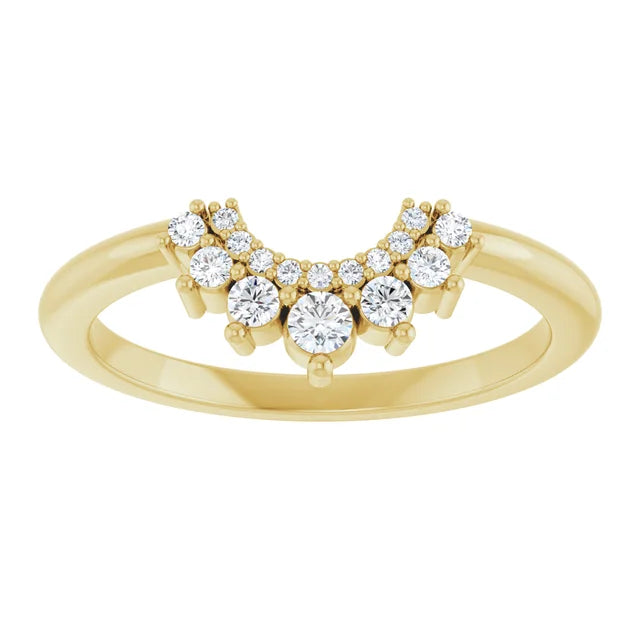
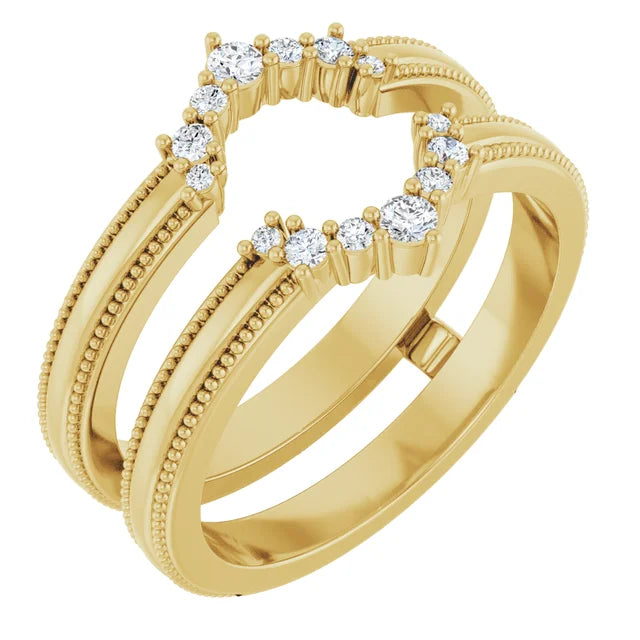
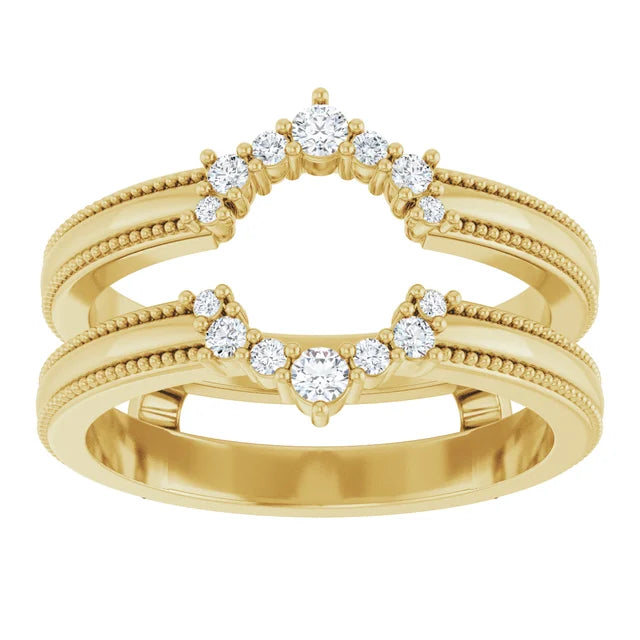
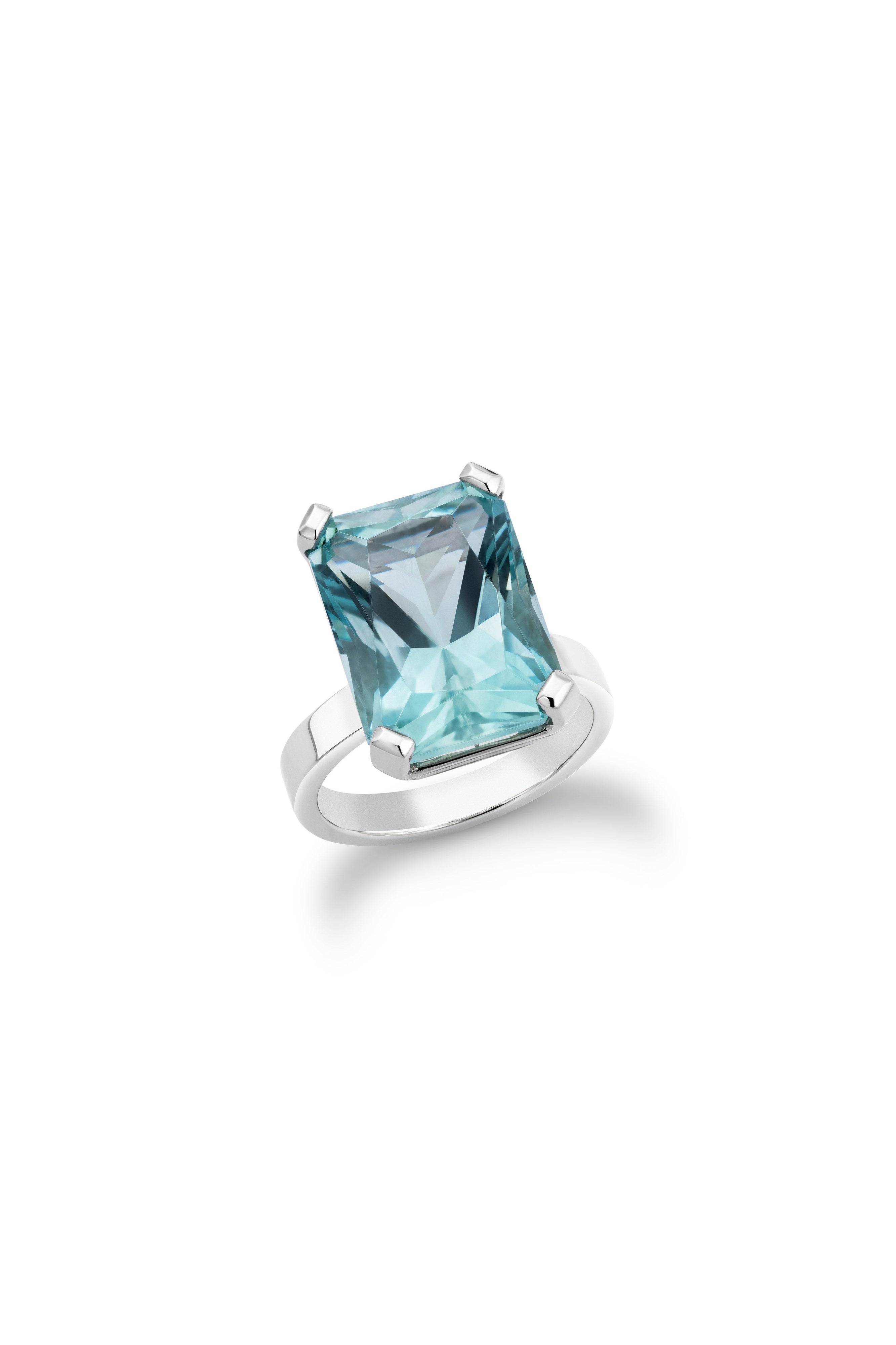
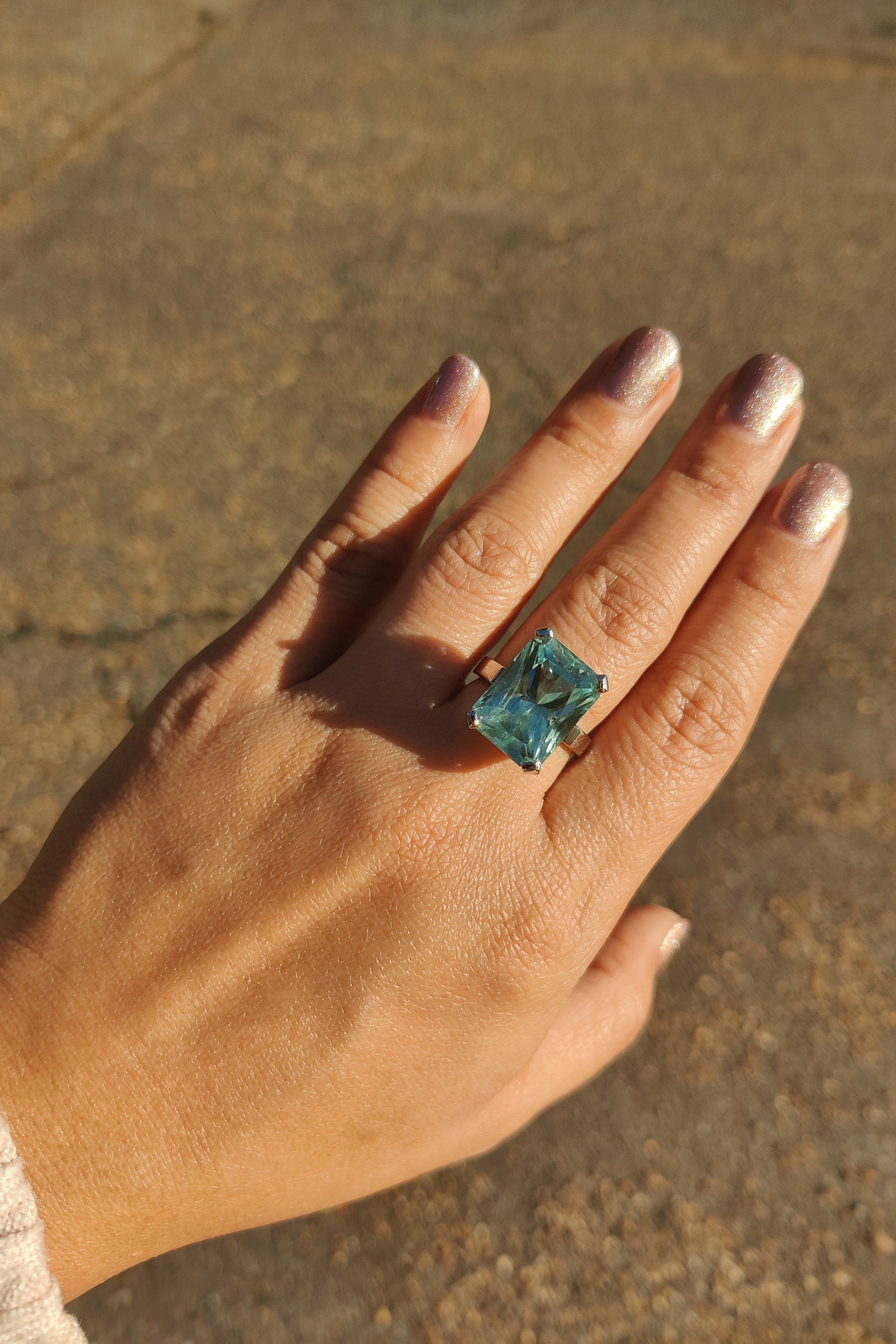
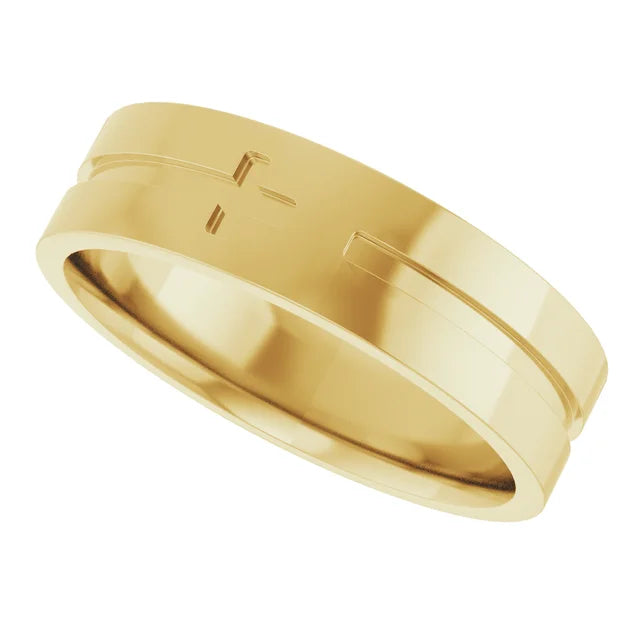
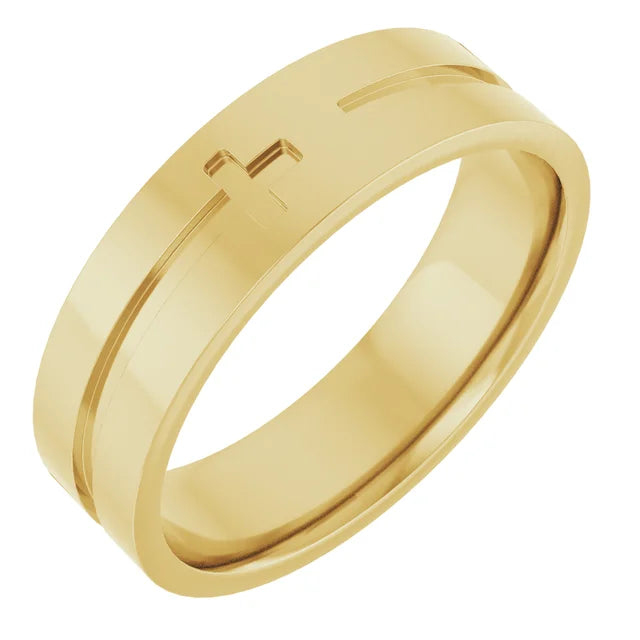



Leave a comment